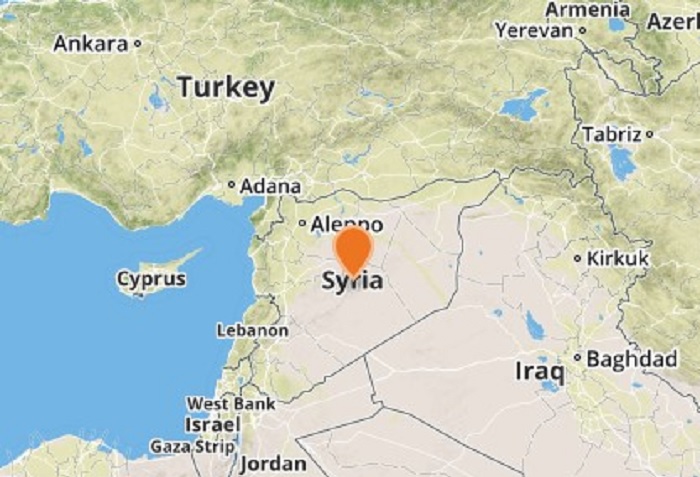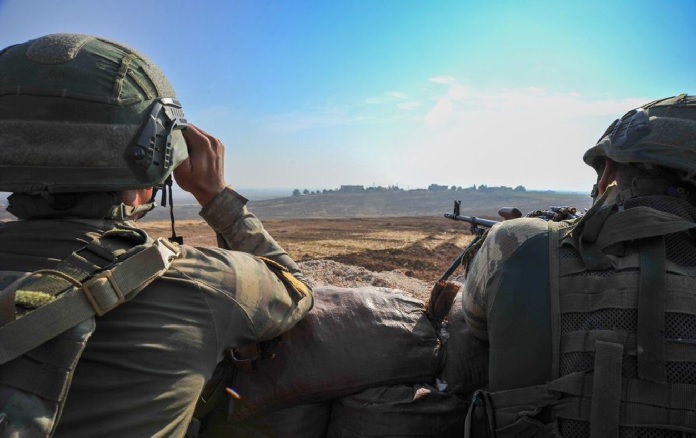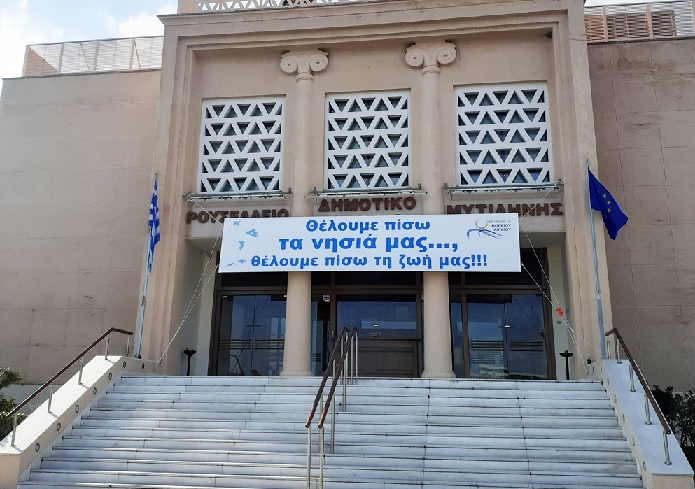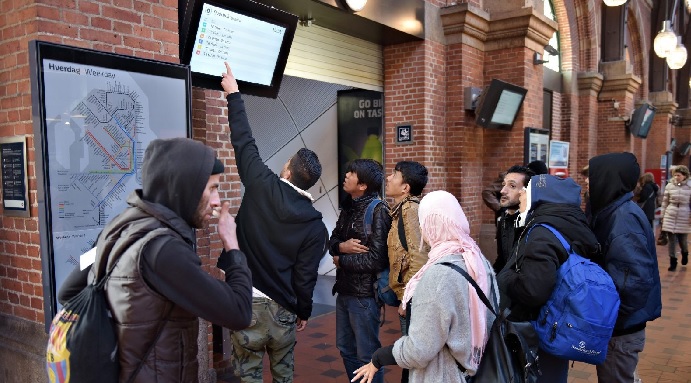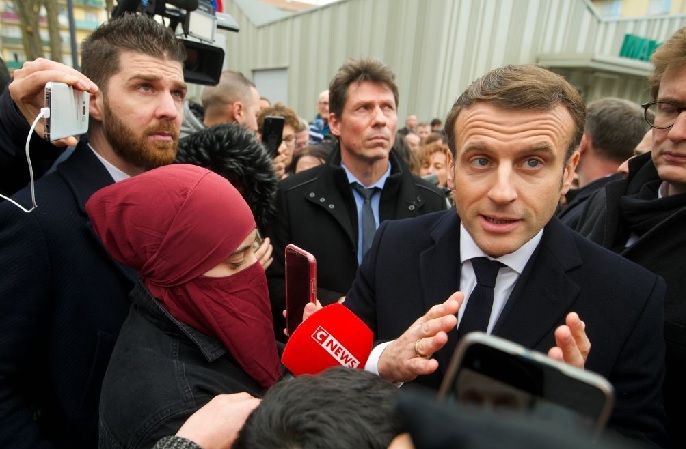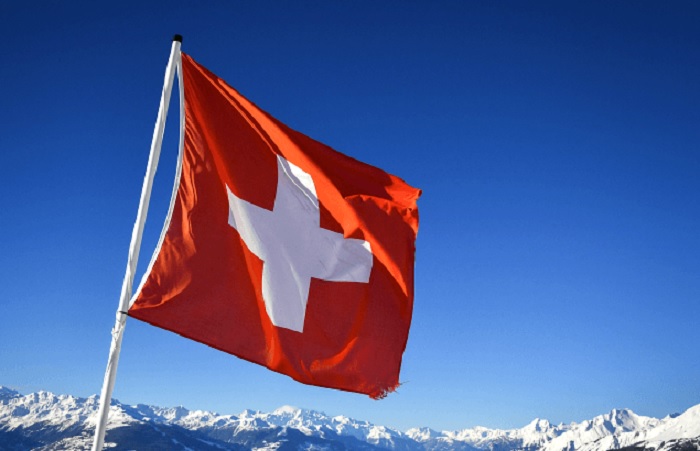Special Analysises
Malhama Tactical: Interview
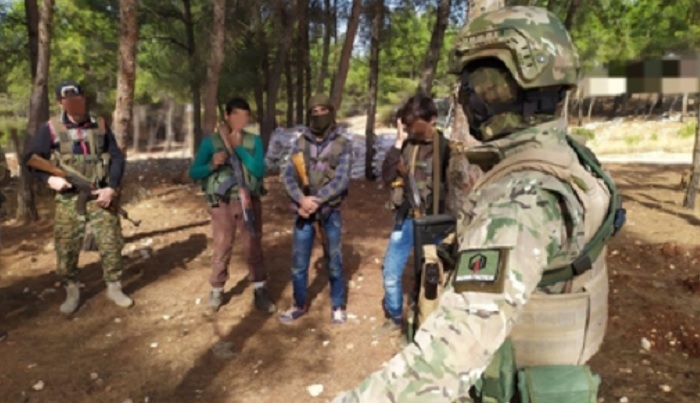
Malhama Tactical is perhaps the best known training outfit in the northwest of Syria, providing assistance to the insurgent groups operating in Idlib and its environs. Malhama Tactical has been known to have a particularly close working relationship with Hay’at Tahrir al-Sham, the leading insurgent group in the northwest region. On 26 February 2020, I conducted an interview with Ali Shishani, the current leader of Malhama Tactical, regarding Malhama Tactical and the current situation in northwest Syria. The interview is slightly edited for clarity. Any parenthetical insertions in square brackets are my own.
Q: Could you tell us a little about your own life in jihad and the role of Malhama Tactical? With which factions do you work? Are most of your members muhajireen [foreigners]?
A: Much can be said about our life in jihad. But speaking generally, our life here is the life of independent foreign volunteers, with all its advantages and disadvantages.
Activity of Malhama Tactical is primarily aimed at increasing the combat effectiveness and tactical level of the fighting units of the Mujahideen, bringing them to a higher level and we have succeeded in it over the years of our work. It was mostly done in terms of the level of regular fighters, but not commanders – because the commanders of local Mujahideen with whom we worked do not take advanced training courses and do not accept our advice, unfortunately.
During our instructor activity, more than five thousand fighters have passed our training courses, including the well-known special unit “Red Bands” [special unit of Hay’at Tahrir al-Sham]. We provide training courses in different military fields.
Also, our organization periodically played a significant role in fights on the fronts, for example, during the operation, aimed at unlocking [breaking siege] of Aleppo in 2016, our team prepared one of the stages of the operation, which was successfully implemented. Our organization also developed a plan and implemented it during the battles against the Kharijites of the so-called IS [Islamic State] in the province of Hama in 2017, when the “IS”, together with the Assadists, seized some territories from the Mujahideen. Our organization, together with the HTS [Hay’at Tahrir al-Sham], regained the strategic positions previously captured by the IS gangs.
Our team also conducted both independent and joint special operations with other groups against Assadists, including a special operation in the aerial reconnaissance base in Aleppo.
Our organization also carried out artillery reconnaissance and coordination of artillery fire of local factions during the offensive campaigns against Assadists, and introduced new methods of reconnaissance and correction for local factions. We also worked in the field of air defense and shot down an Assad regime aircraft in August 2019.
Moreover we organize and implement the strengthening of the fighting positions of the Mujahideen.
As for the factions with which we work. Most of all we worked with HTS. However, our doors are open to all factions of the Mujahideen who defend the Syrian people and fight in the interests of this people. At the moment, we have agreed to work with the Popular Resistance Units of Idlib (Saraya al-Mukavamati al-Sha’biyya) [NB: see here for more information]. Half of the members of MT [Malhama Tactical] are Muhajirs, half are local Syrians.
Q: Why have factions lost so much territory in northwest Syria recently? Is it true factions did not prepare for campaign? Is Russian airpower too strong?
A: Russian aviation is strong, stronger than the Assad regime. But the firepower and technical superiority of the Russians is not the main reason of losing of the territories. The territories were lost for two main reasons. The first reason: the lack of unity between the factions, at least at the military level, that is, the lack of a single military leadership over the factions and proper coordination between them. The second reason: the incompetence of the military leadership of the Mujahideen. Over the past years, we have been trying hard to reach the highest military emirs in order to change their attitude to tactics and strategy, but they did not want to hear us. Territories fell due to the erroneous strategy and tactics of military leadership, and the inability to manage a large number of Mujahideen. And no matter how good ordinary soldiers are, success will not be until there is a competent military leadership of these forces. And this is a systemic problem – it is necessary to completely change the perception of these military emirs about war principles or to replace these people with military competent ones. The firepower of the Russians became so effective only because of wrong approach of the military emirs. And they stubbornly rejected all our initiatives, ideas and advice.
The factions were preparing for battle, but not in the right way. The most important military spheres were ignored by them.
They focused on preparing new fighters and digging trenches, forgetting about military leadership, strategic planning and great tactics.
Q: What do you think of a Turkish role in northwest now? Do you trust Turkish role? Do you welcome their action against regime and Russians?
A: The role of Turkey is the role of a helper of the Syrian people, both humanitarianly and militarily. Not everything is perfect, but we hope that Turkey will live up to the hopes of the Mujahideen and the Syrian people, and thereby achieve the trust of those who are still skeptical about the plans of Turkey. We welcome and fully support Turkey’s actions against the regime and the Russians, and hope to increase their participation.
Q: How do you assess future of northwest region and jihad in Syria?
A: We cannot speak clearly about the future. But if all the Syrian factions unite completely both militarily and politically, having left all past differences and work together with the Turkish army, then it will be possible to fix everything and return the lost territories, and turn the tide of the entire Syrian jihad.
Q: How can Muslims support Malhama Tactical?
A: Firstly, Muslims can make duas [prayers] for us. Secondly, we always needed and need financial support. Everything from military projects to everyday aspects needs finances, and wealthy Muslims could help us financially. And thirdly, Muslim journalists and information activists can provide us with information support, covering our activities, so that more Muslims know about us and the situation here and make a dua for us.

